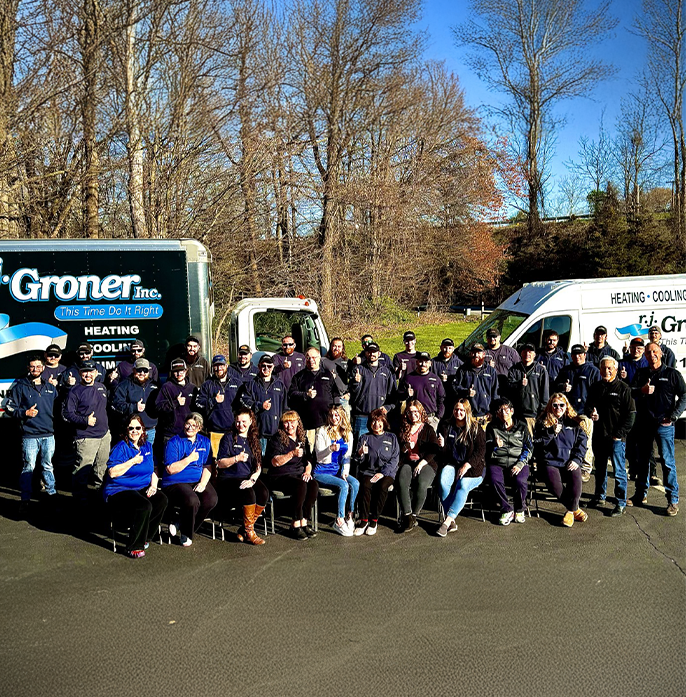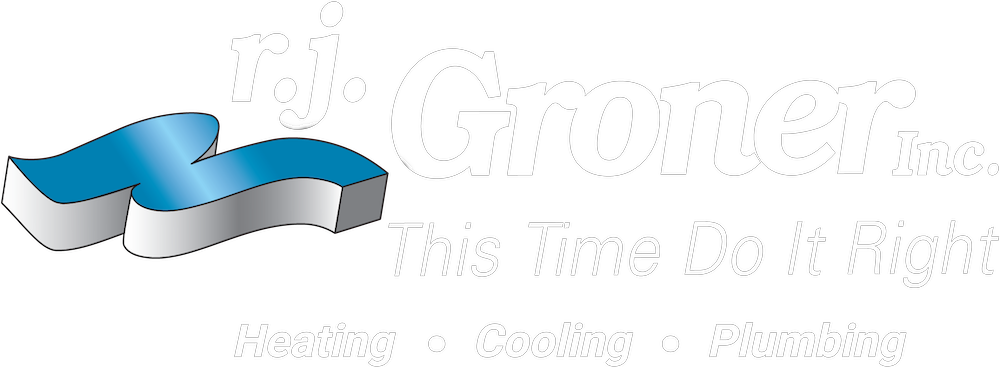There are few things worse than waking up in the morning, hopping in the shower, and discovering you don’t have any hot water. Maybe you’ve got a big family and they’ve used it all up? Or even worse, no one has showered at all yet this morning and your hot water heater has met with an untimely end…
It’s very possible that you will have to replace your hot water heater at least once over the life of your home. The average tank water heater will normally last between 8-12 years. When it does come time to replace it, you’ll want to make sure you’ve brushed up on all the features and options available so you can make an informed decision and get the best fit for your life and home.
We’ve put together this handy guide to help you determine what kind of hot water heater will meet your needs. Read on to learn more!
1. To Tank, or Not to Tank?
While most older homes will have storage tank hot water heaters, you have another choice. Tankless water heaters, also called on-demand water heaters, take up far less space than traditional water heaters and they only heat water as needed instead of storing heated water. If space is at a premium in your home, a tankless heater may be the ideal solution for you.
You will want to take into account your water usage to make sure that tankless is right for you. If your household uses less than 41 gallons of hot water in a day, then a tankless hot water heater could be more energy efficient by 24-34%, saving you money on utilities and helping reduce your carbon footprint.
The downside to a tankless water heater is the upfront cost. They are more expensive than a standard water heater but will typically last about twice as long as a traditional water heater and have lower daily operating costs.
2. Choosing An Energy Source
Heat is the result of energy being moved between two things, in this case, your water heater and the water. That initial energy needs to come from somewhere, so another thing you will need to consider is what energy source your hot water heater will use.
There are two main types of hot water heater energy sources: electric and gas. Gas can either be natural gas or propane depending on what source you have in your home and where you live. Both tank and tankless varieties of water heater have models that run on gas and models that run on electricity.
Different energy sources have different output levels, so you will want to determine your output needs and consider those as well when selecting your hot water heater (we’ll look at those later in the article.)
Most if not all homes have access to electricity, where gas can be more limited depending on where you live. Also, if you do not already have gas, it will be much cheaper to go with an electric hot water heater than hooking up to natural gas or buying a propane tank.
When using an electric hot water heater, know that the more hot water you need, the more electricity you will use. You will need to determine the service load for your home so you know how much power you have available and what type of hot water heater your home will support.
3. Go With The (Proper) Flow (Rate)
A big factor to consider when selecting a hot water heater is how much hot water you need at any particular time. The flow rate of your water heater measures the rate at which the water flows from your fixtures.
Certain fixtures in your home will create a higher demand than others, and you want to make sure the hot water heater you select can keep up. With tank hot water heaters, the capacity of the tank will determine if it will hold up to the demand, while tankless models will have an advertised flow rate.
Spa-jet tubs and rain shower heads are some fixtures that demand a lot of hot water at once, and most tankless units have trouble keeping up with them. Some tank units won’t cut it either, you want to make sure you get the right size for your needs. It will also depend on how many people are using hot water and how much time your unit gets to recover between uses.
Here are some general guidelines for finding what your ideal tank capacity might be when selecting a tank hot water heater:
- A 30-gallon tank serves a household of 1-2
- A 40-gallon tank serves a household of 2-3
- A 50-gallon tank serves a household of 3-4
- For 5 people or more, go with a 50-80 gallon tank
For a tankless hot water heater, many top out at a flow rate of 3.5 gallons per minute. That is generally enough to run a shower and bathroom sink at the same time without running out of hot water. If you have a heavy load and foresee needing a higher flow rate, you can install on-demand hot water heaters at each point of use, like one for each shower or sink.
Get a Hot Water Heater Installed by the Pros!
Now that you know everything you need to know about selecting the right hot water heater, it’s time to call the pros to come and install it. We would love to help you get your hot water heater installed and would be happy to answer any questions you still have.
Give us a call today to set up an appointment, we look forward to hearing from you!





